DIFFERENCE BETWEEN PURSES VS. HANDBAGS
Purse vs Handbag: Main differences
In the world of fashion accessories, purses and handbags are staples that serve distinct functions and offer different advantages depending on the occasion. While they might seem similar at first glance, understanding the main differences between these two types of bags can help you make a more informed decision when choosing the right accessory for your needs. From size and capacity to style and typical usage, each has unique features tailored to specific purposes. This introduction will guide you through the key distinctions between purses and handbags, helping you to navigate their uses and select the perfect piece for your outfit, whether you're planning a night out or a day at the office.

The Ever-Changing Purse bag
Purses are essential fashion accessories that combine functionality with style. Traditionally used to carry personal items like money and identification, they now come in various designs ranging from elegant clutches to practical wristlets. Made from materials including luxurious leather to eco-friendly alternatives, purses not only serve a practical purpose but also play a significant role in expressing personal style. They can complement an outfit, accentuate a fashion statement, or stand out as the centerpiece of a look, making them indispensable in the world of fashion. Whether for daily use or special occasions, a purse is both a functional tool and a reflection of individual taste and style.
When to use a purse?
Purses are versatile accessories perfect for various occasions. Here are some ideal situations to choose a purse:
- **Formal Events:** Use a small, elegant clutch to carry essentials like your phone and lipstick.
- **Work and Business Meetings:** Opt for a structured purse or satchel to complement professional attire and hold work essentials.
- **Casual Outings:** A crossbody purse is great for hands-free convenience while shopping or hanging out with friends.
- **Travel:** Choose a secure, zippered shoulder bag to keep travel documents and personal items safe.
- **Dining Out:** A sleek, small handbag is perfect for keeping your essentials handy without taking up too much space at the table.
- **Concerts and Festivals:** A compact purse with a sturdy closure will keep belongings secure in crowded settings.
- **Art Galleries and Museums:** A lightweight purse allows you to enjoy exhibits with your hands free.
Each scenario benefits from the practicality and style a purse can add to your ensemble.

The Fashion-Forward Handbag
It is a versatile accessory essential for carrying daily necessities in style. Typically larger than a purse, it features various compartments to organize items like wallets, keys, phones, and cosmetics efficiently. Available in numerous designs, from elegant leather to casual canvas, a handbag is not only practical but also complements any outfit, making it ideal for both professional and social settings.
When to use a handbag?
Handbags are incredibly versatile, making them suitable for a wide range of occasions. Here are some ideal situations for using a handbag:
- **Work and Business Meetings:** A structured handbag is perfect for carrying documents, a small laptop, and other work essentials in a professional setting.
- **Everyday Errands:** For day-to-day activities like shopping or running errands, a medium-sized handbag can conveniently carry all your necessities.
- **Travel:** A handbag with multiple compartments is great for travel, allowing you to keep important items like passports, tickets, and personal belongings organized and within easy reach.
- **Casual Outings:** Whether you're meeting friends for coffee or attending a casual event, a handbag can carry your items stylishly without being too formal.
- **Evening Events:** While smaller than what you might use during the day, a sleek handbag can still be suitable for dinners or social gatherings where you need to carry a few more items than would fit in a clutch.
Choosing the right handbag for the occasion can enhance both your functionality and your fashion, making it a go-to accessory for nearly any outing.

How Are They Different?
Now that we know what they are, we are going to see the differences to decide which one fits more for everyone.
Handbags and purses differ primarily in style, functionality, size, and carrying options:
Style
- Handbags: Versatile and practical, suitable for various occasions.
- Purses: Smaller, more decorative, ideal for formal events.
Functionality
- Handbags: Designed for daily use with multiple compartments for organization.
- Purses: Best for essentials like ID and a phone.
Size
- Handbags: Generally larger, offering more space for items.
- Purses: Compact, designed to hold a few items.
Carrying Options
- Handbags: Include handles and often a shoulder strap.
- Purses: Usually have one small strap or none, meant for hand carrying.
So, Which Is Better for You?
Deciding between a handbag and a purse boils down to your daily needs and lifestyle. Opt for a handbag if you require more space and organization for everyday items like gadgets and documents, making it ideal for work or travel. Choose a purse if you need something smaller and stylish for carrying essentials during formal events or evenings out. Ultimately, the right choice depends on what suits your activities and style preferences best, with many opting to have at least one of each to cover all bases.
Conclusion
Whether a handbag or a purse is better for you depends on your specific needs and circumstances. Handbags offer greater capacity and functionality for daily use and versatility, while purses provide a compact and stylish option for carrying essentials during special occasions. Considering your lifestyle, the type of items you need to carry, and the occasions you attend will guide you to the perfect choice. Having both a handbag and a purse in your collection ensures you're well-equipped for any situation.




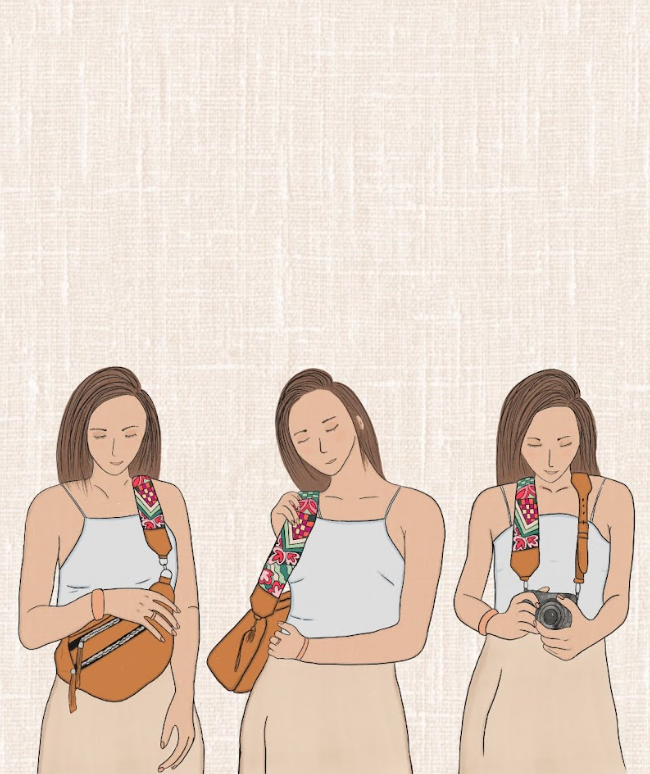
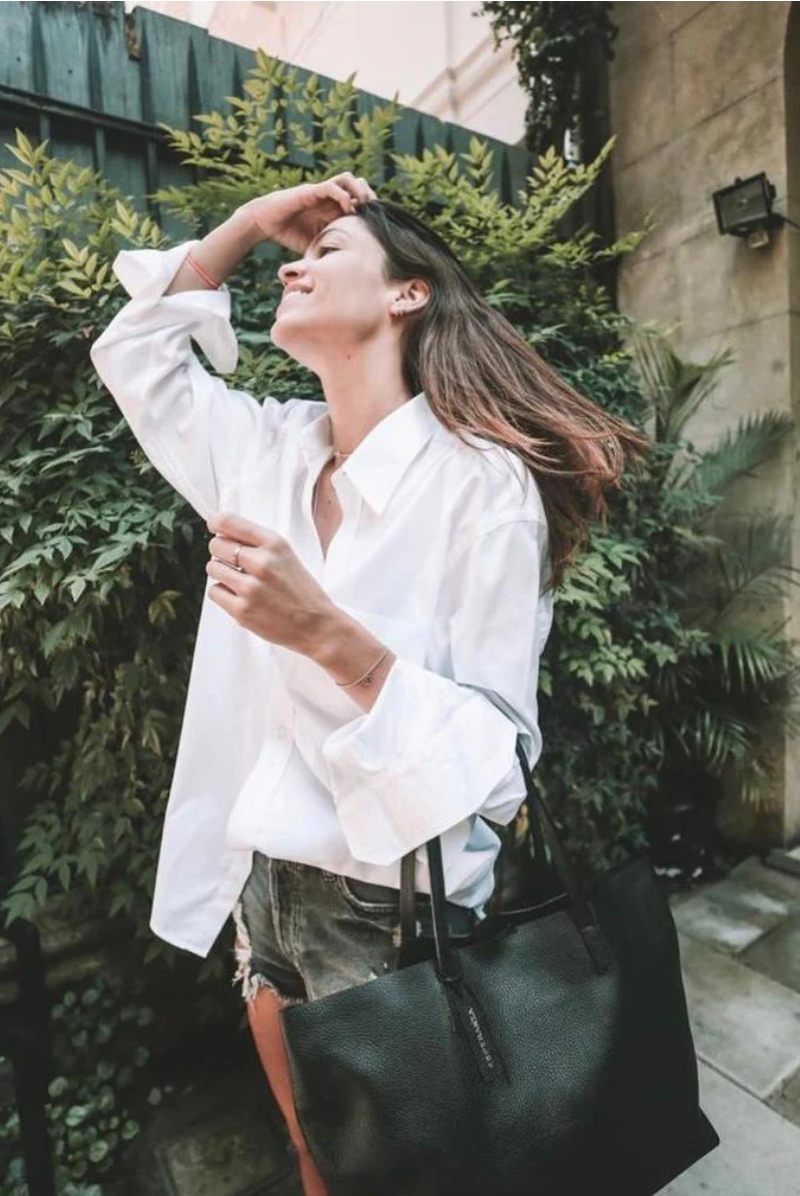
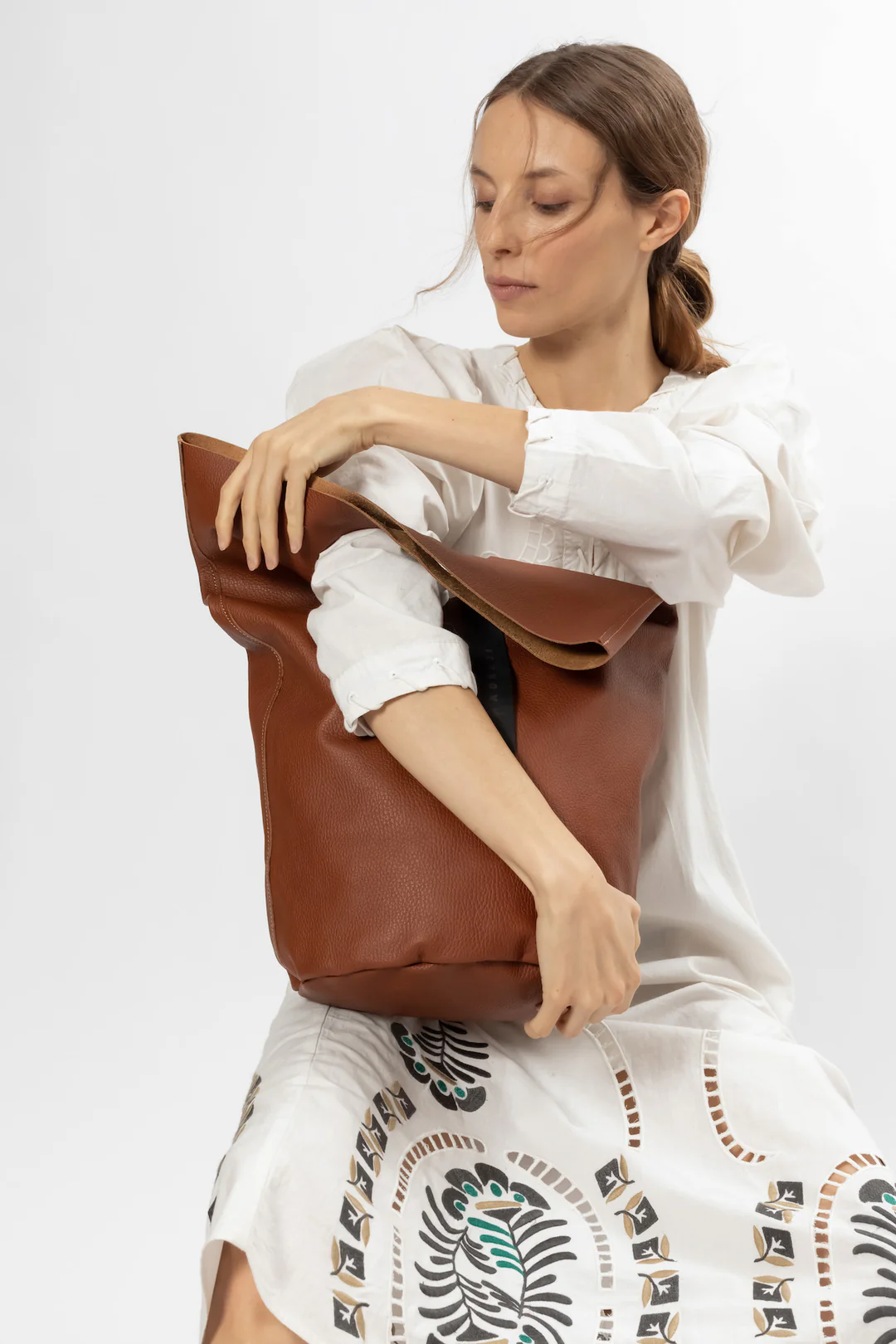
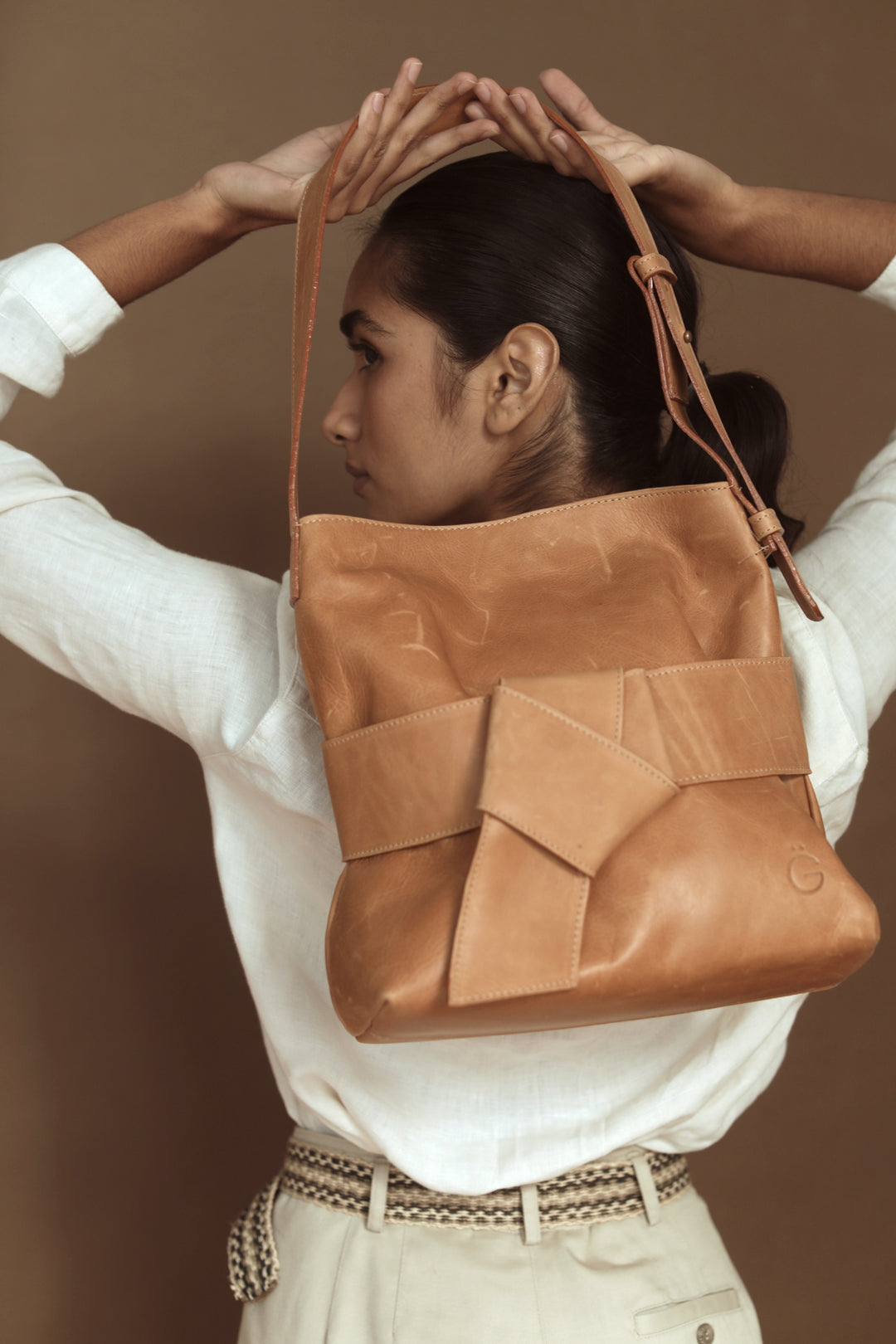
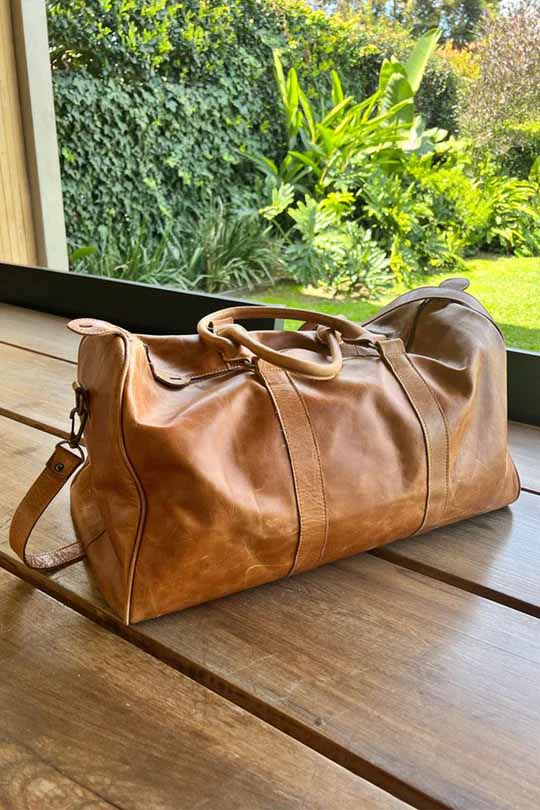
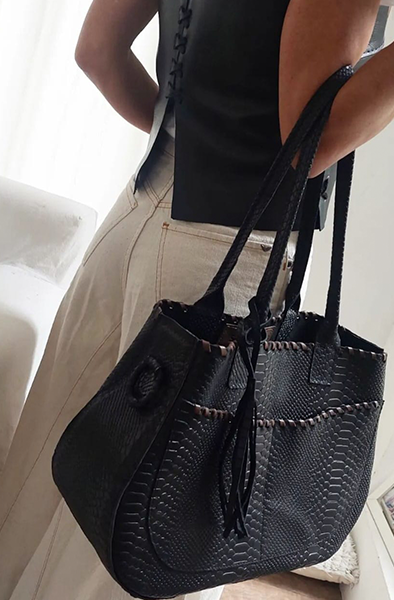

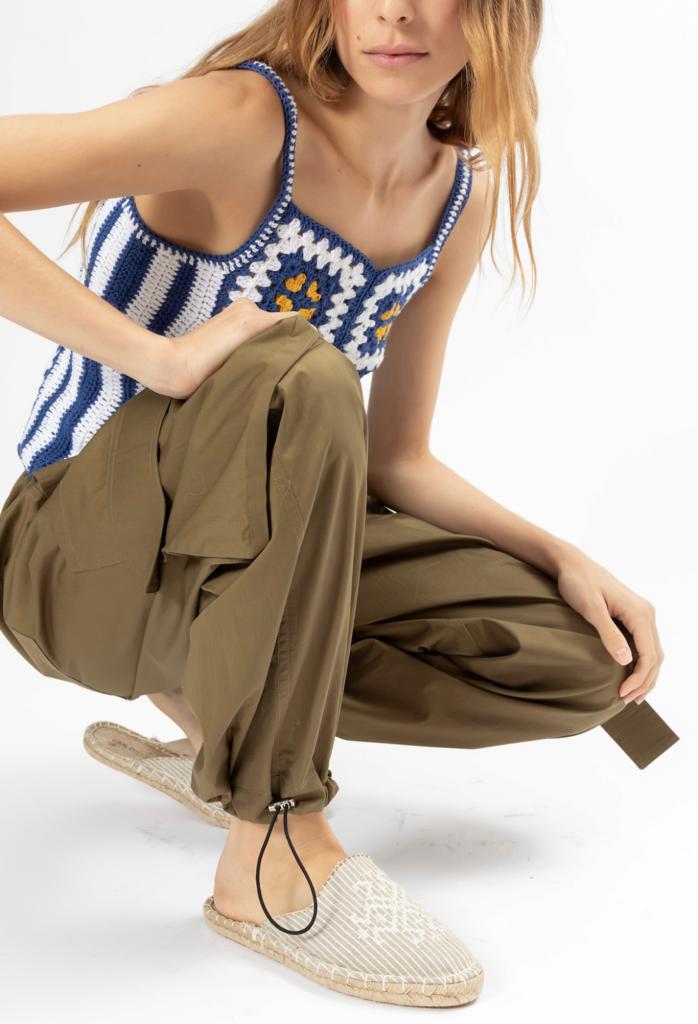
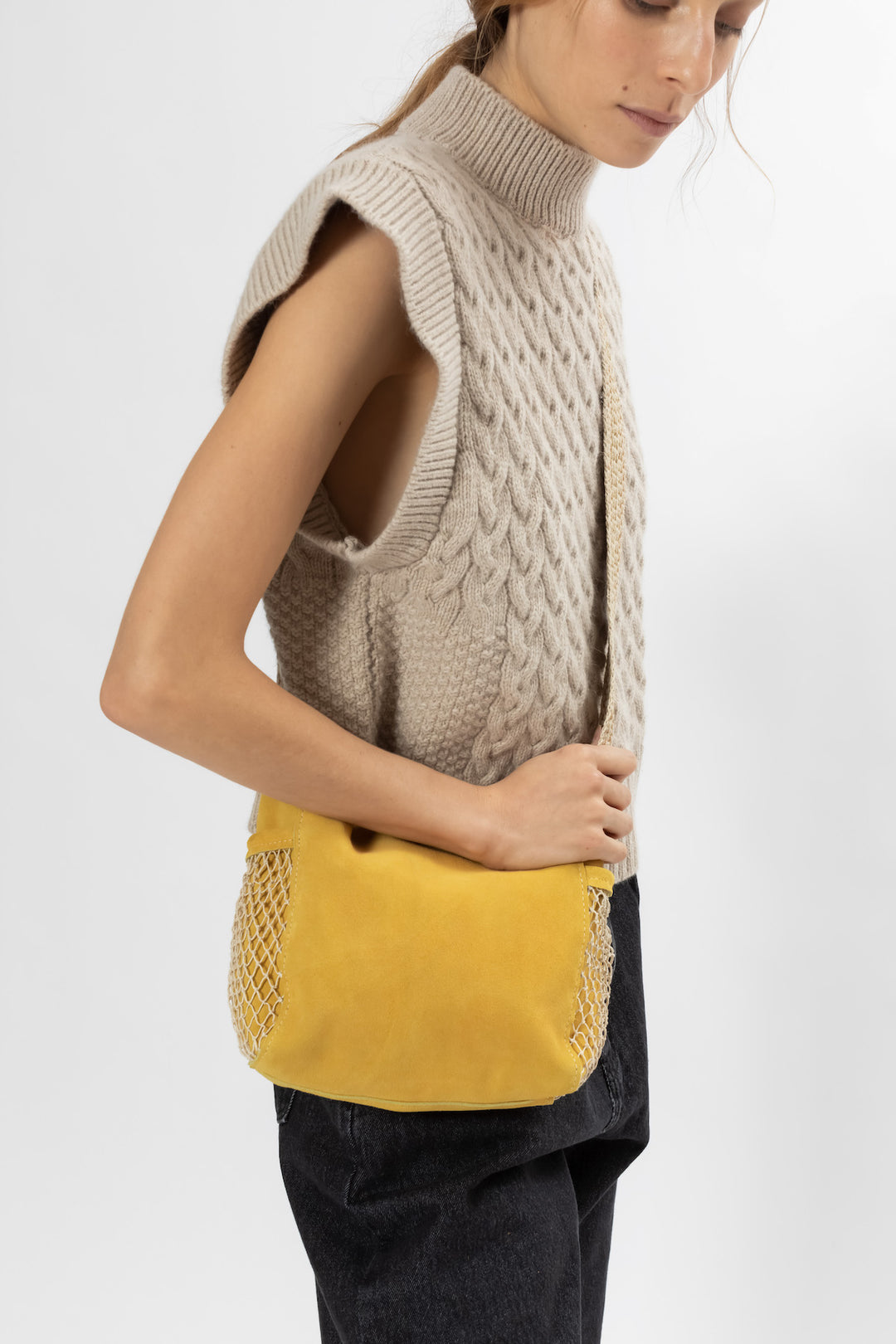
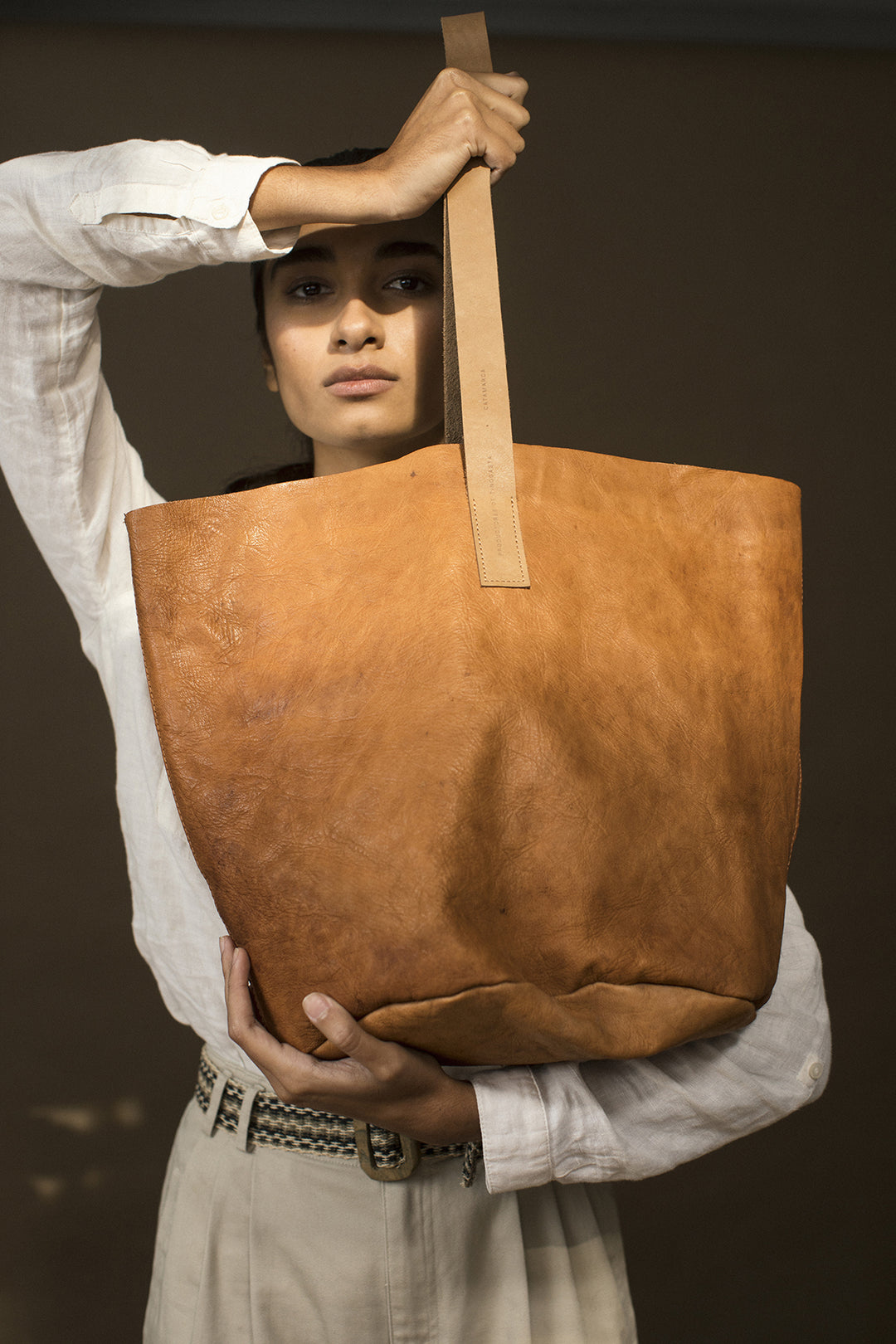
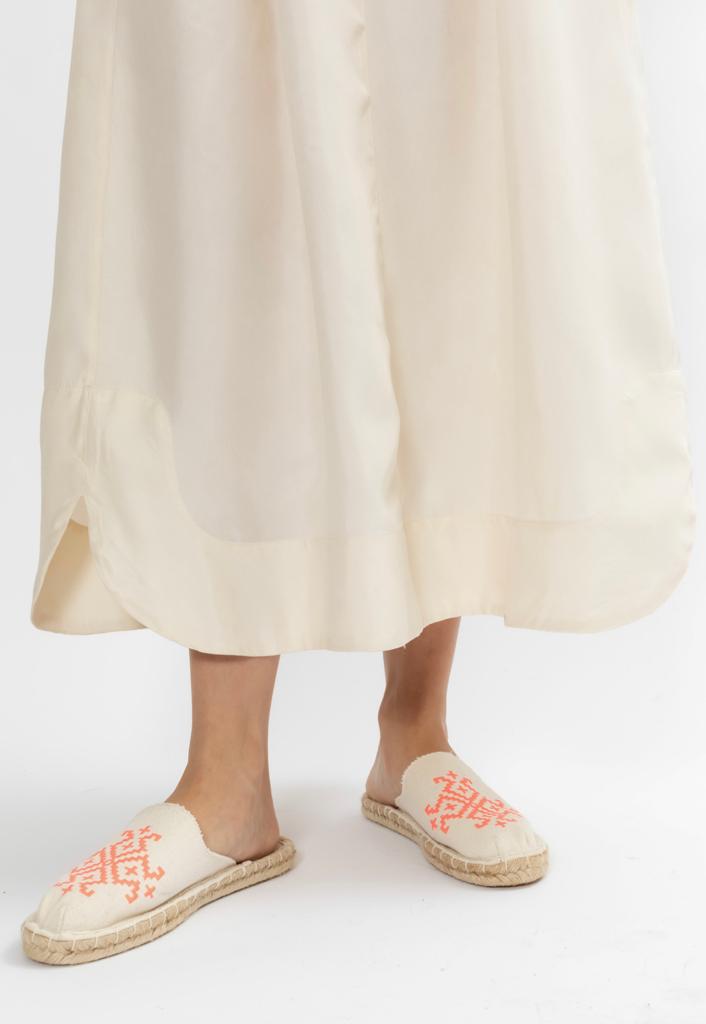
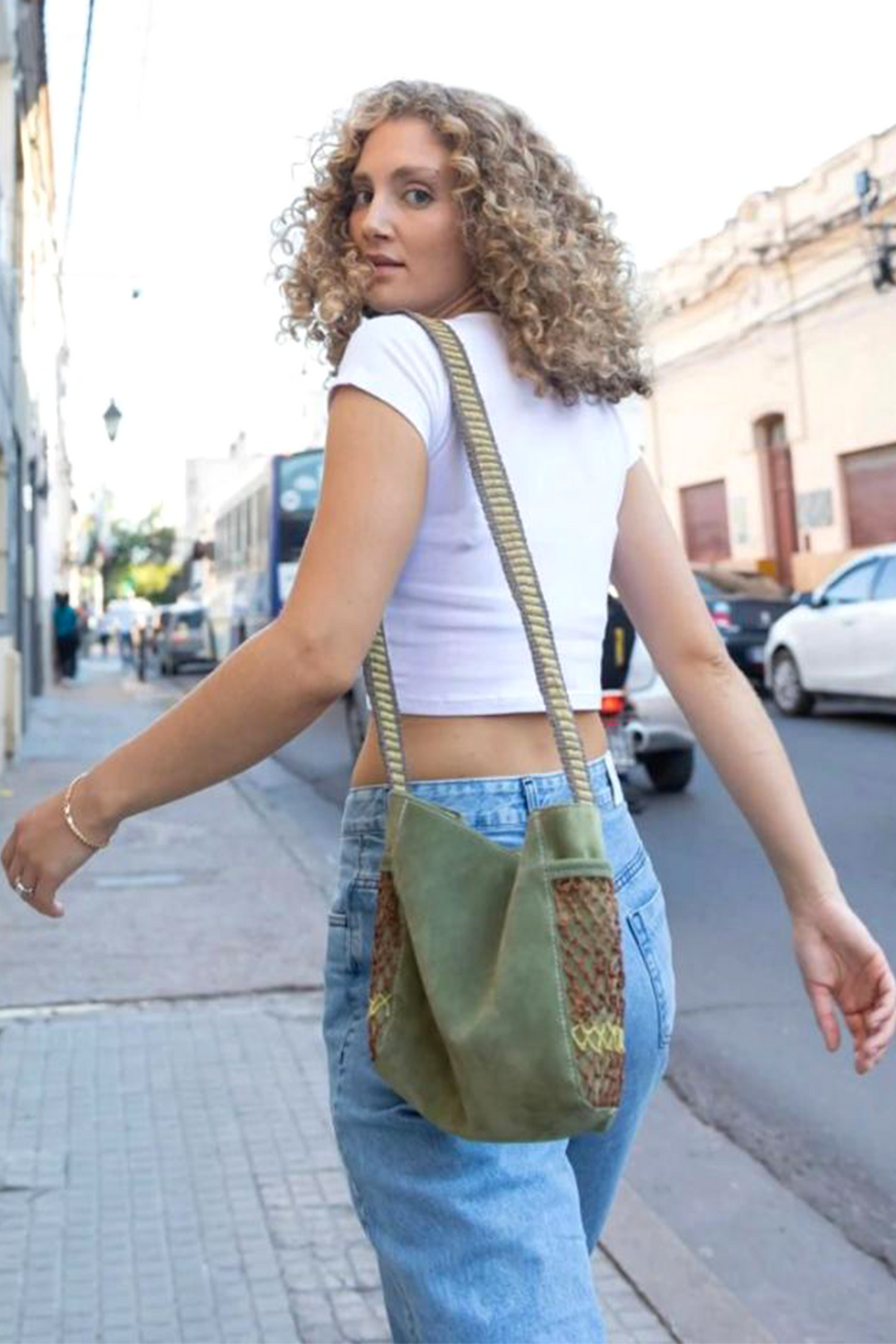
Leave a comment